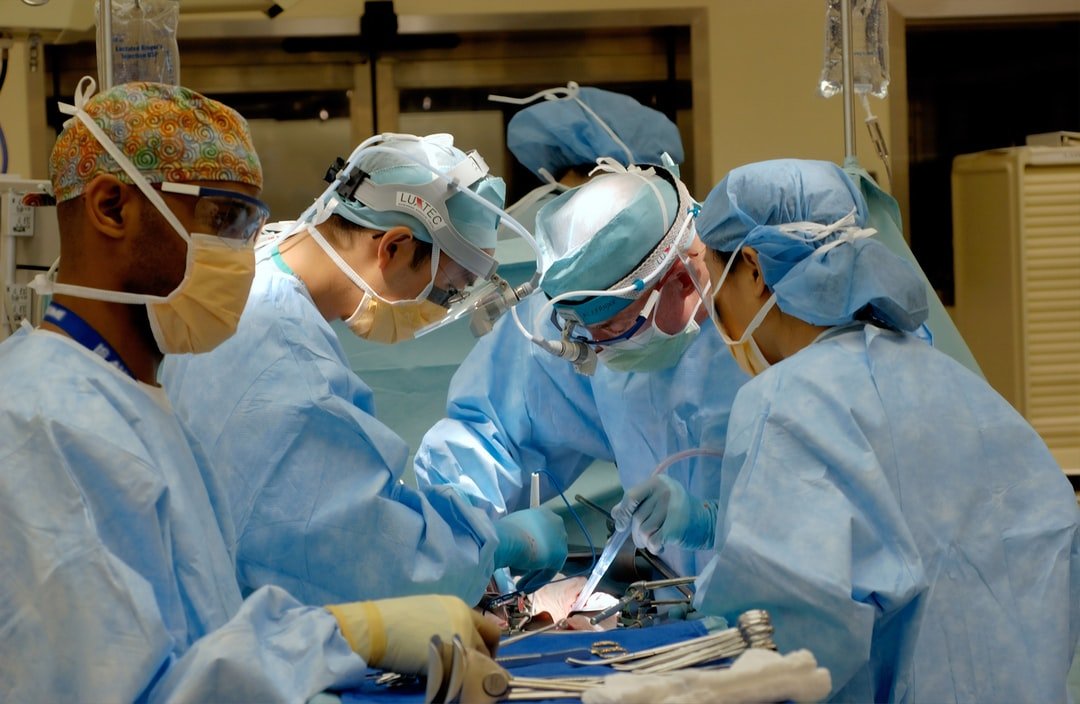
Despite the development of technology, it is not possible to completely defeat cancer. It is successfully treated, but only in the early stages. Next, it is more about survival.
According to the Nobel laureate in chemistry Thomas Lindahl, most often dangerous mutations do not arise at all due to radiation, ultraviolet radiation or carcinogens, which is considered “classic”. And because of the processes associated with oxygen and water in the body.
Lindahl discovered the mechanism of base excision repair. In scientific terms, this is a DNA repair system that removes damaged nitrogenous bases from the double helix, which begins with the recognition and removal of the damaged base by DNA glycosylases.
According to the scientist, the enzymes involved in the mechanism find the damaged section of DNA, cut it out and repair the gap using an intact DNA strand. The process helps cells avoid the appearance of several thousand new mutations in the genomes of cells, which happens every day.
Almost all “typos” in DNA are associated with two processes:
- the penetration of oxygen molecules and its compounds into the cell nucleus
- the action of water molecules on single “letters” of DNA strands.
— I am ready to bet money on the fact that almost all cases of cancer known to medicine do not arise due to radiation, carcinogens or ultraviolet radiation, but as a result of natural vital processes within the cells themselves, associated with hydrolysis and the appearance of aggressive forms of oxygen , Lindahl said.
Both oxygen and water cannot be removed from the body, that is, it is impossible to fight them. So cancer cannot be defeated in principle, the scientist emphasizes. All that remains for people is to create drugs that can more effectively and safely destroy tumors.
Lindahl strongly advises all smokers to give up this bad habit, since the substances present in the smoke act on cells in the same way as aggressive forms of oxygen, and also strongly contribute to the development of mutations.
Thomas Lindahl in 2015 shared the Nobel Prize for in Chemistry with Aziz Sanjar and Paul Modric with the wording “for their study of the mechanisms of DNA repair”.
Cancer Symptoms
- Sharp weight loss
- Persistent fever
- Fatigue
- Weakness
- Persistent pain
- Change in skin quality and color
- Change in stool (diarrhea, constipation, change in stool shape)
- Persistent headache
- Unusual discharge, bleeding
- Persistent cough, pain in the throat, hoarseness, trouble swallowing.
See also: Statins and alcohol are compatible, but there is one “but”  Thomas Robert Lindahl Medicine Swedish-British biochemist, cancer researcher
Thomas Robert Lindahl Medicine Swedish-British biochemist, cancer researcher
